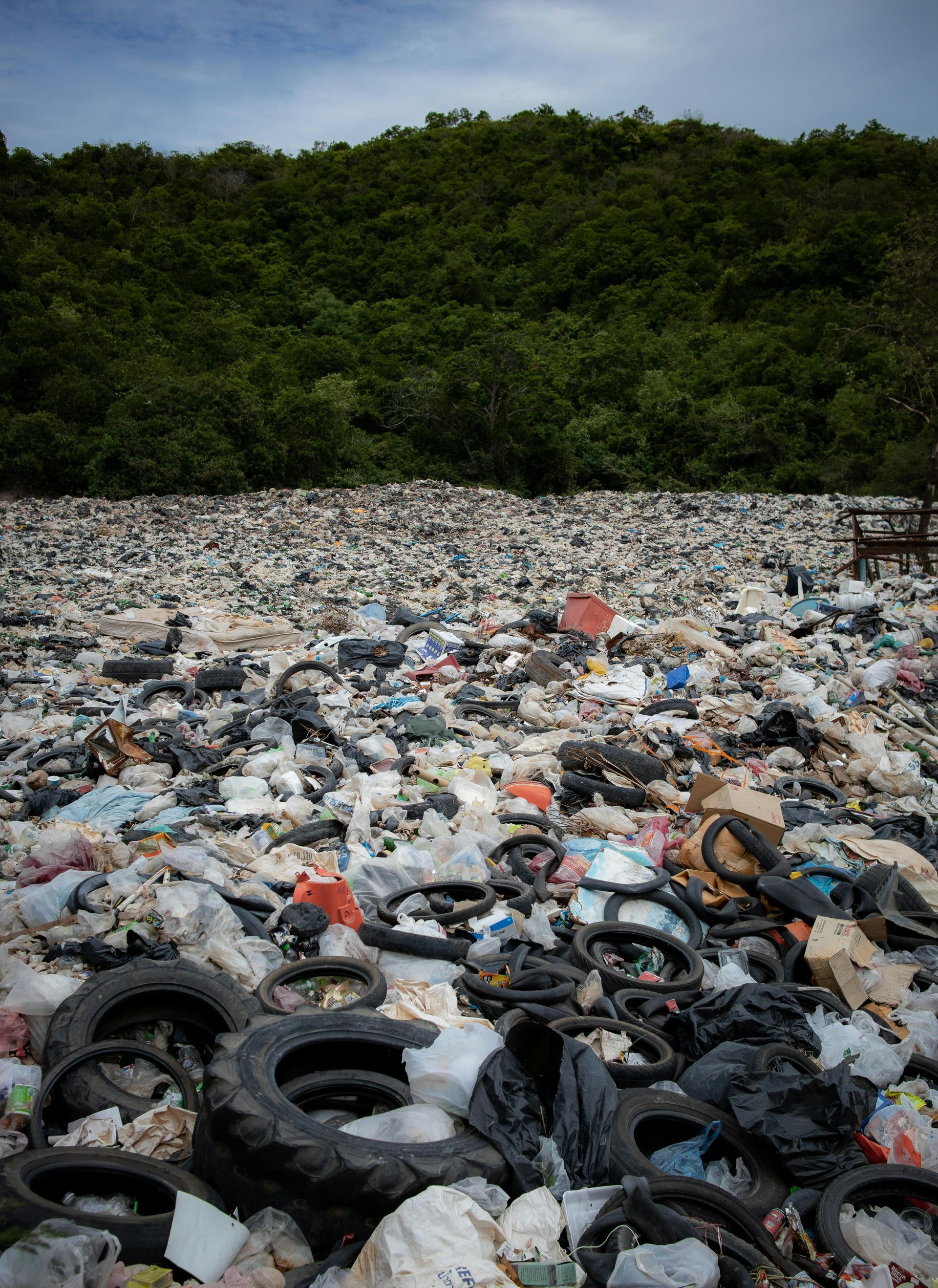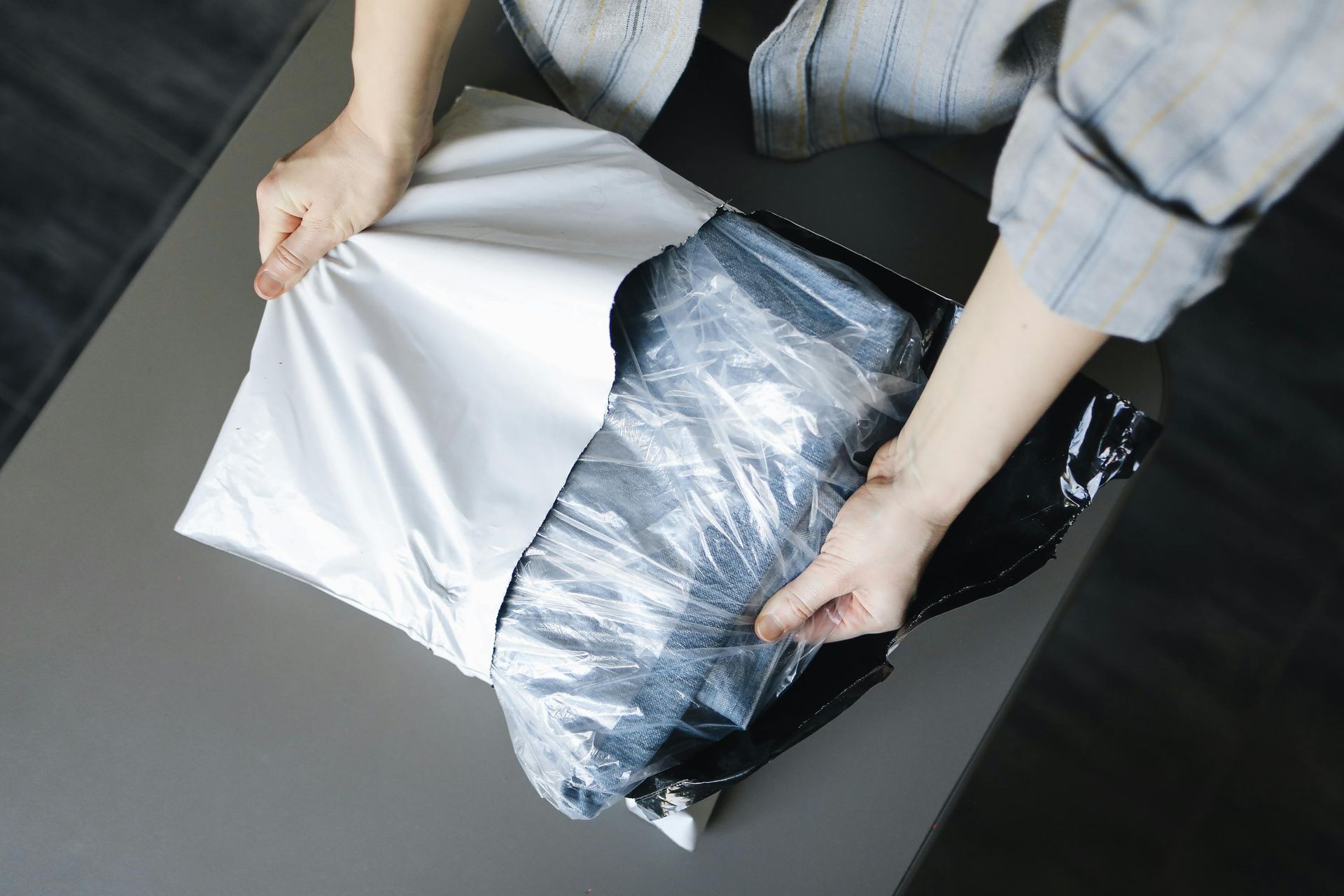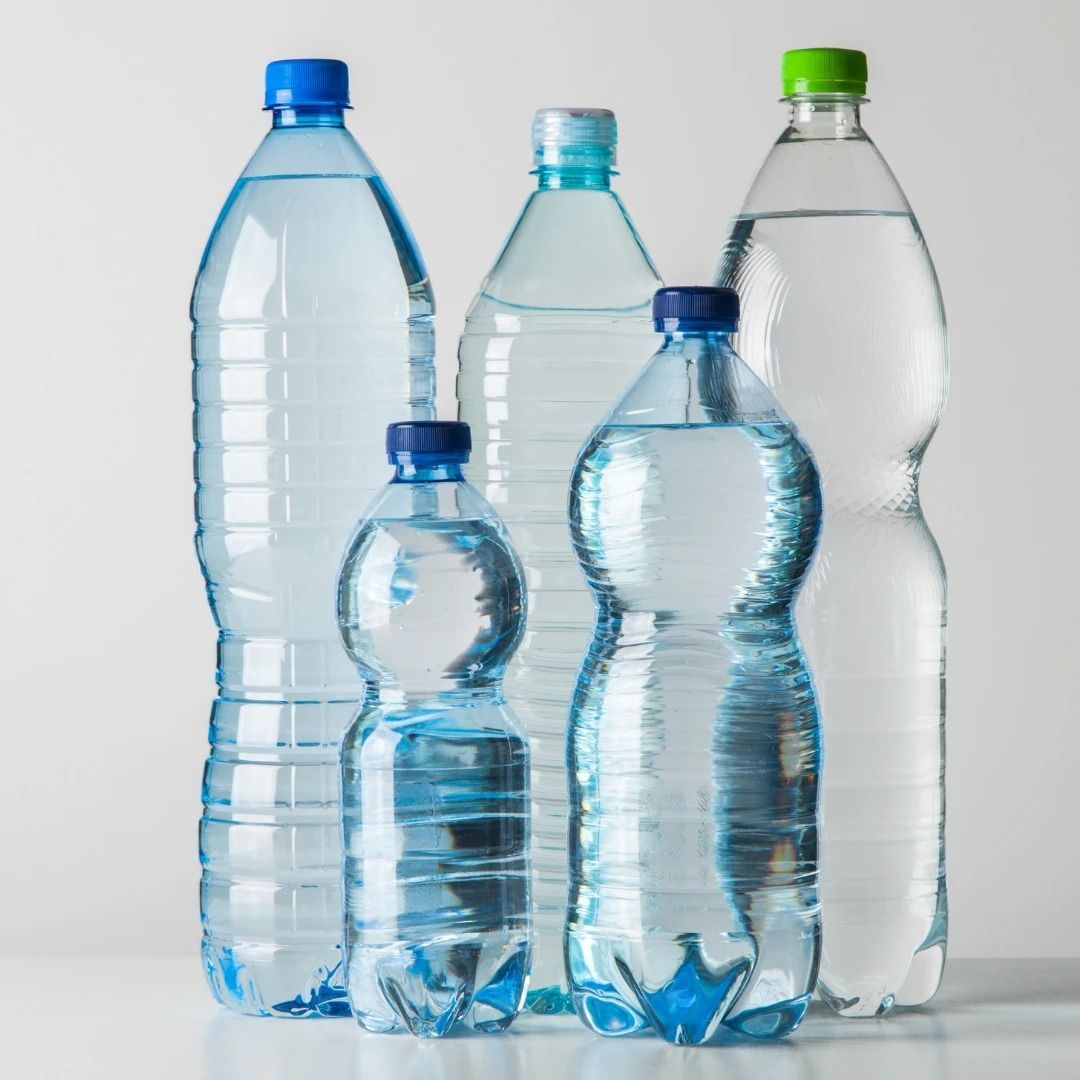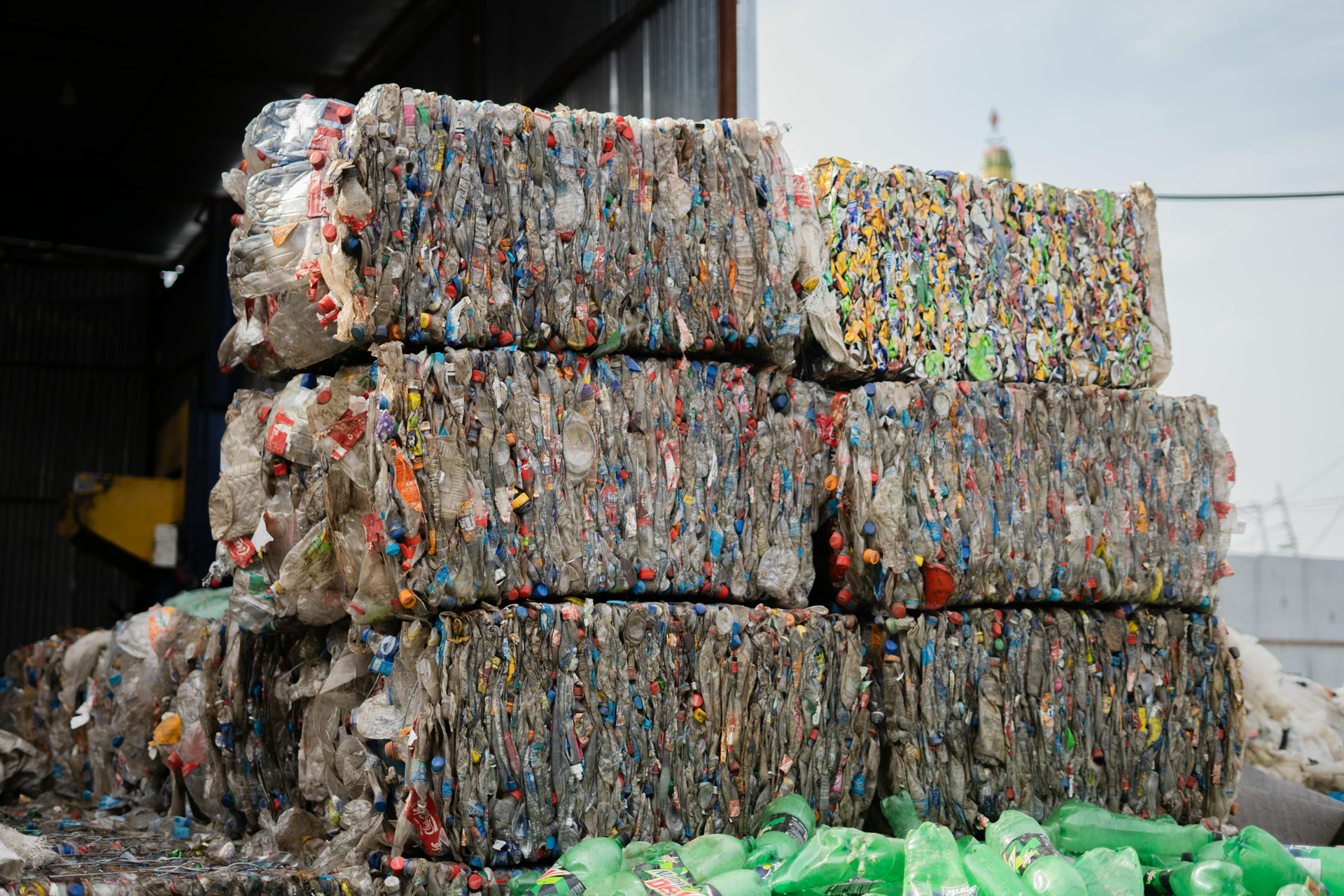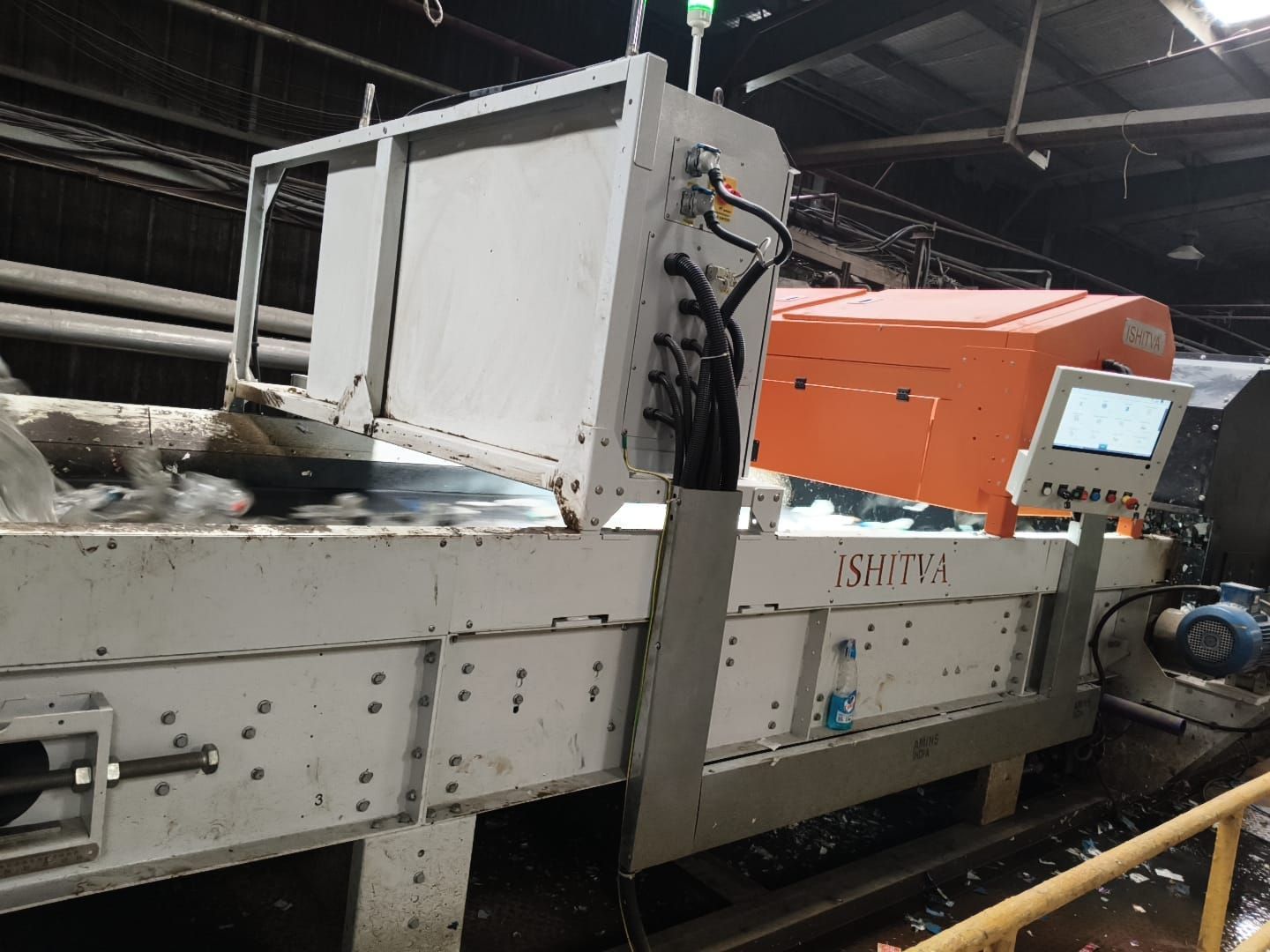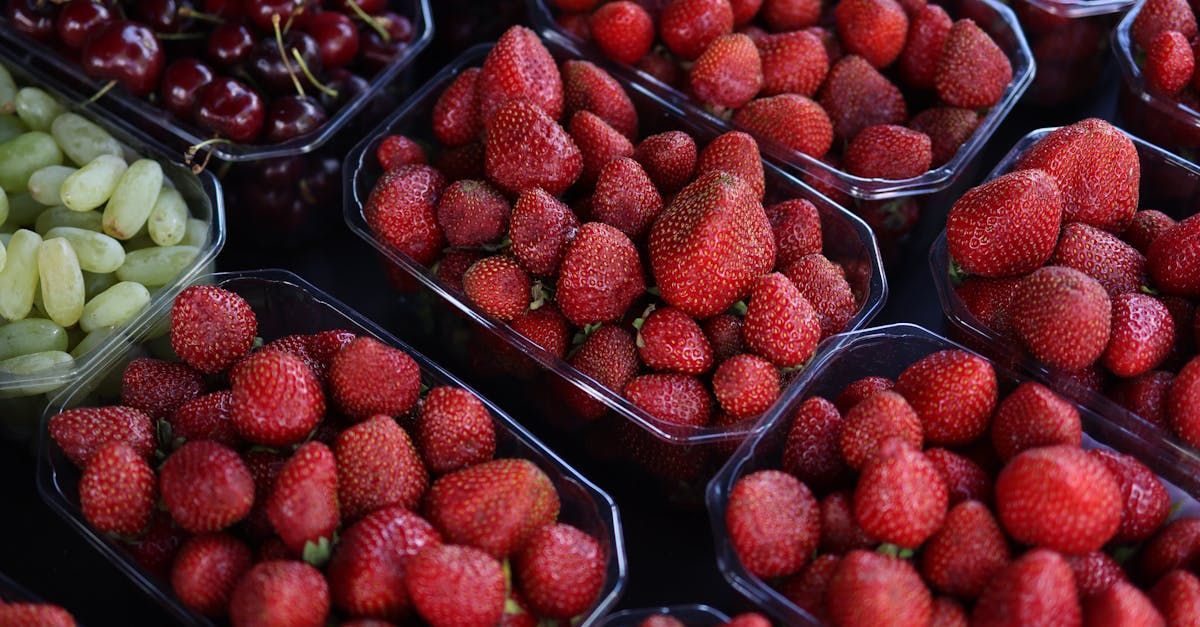Some cannot live without it, most don’t really care, and some cannot stand it - whichever side you’re on - you cannot avoid plastic. It is everywhere - in your laptop, washing machine, phones, shoes and toothbrushes.
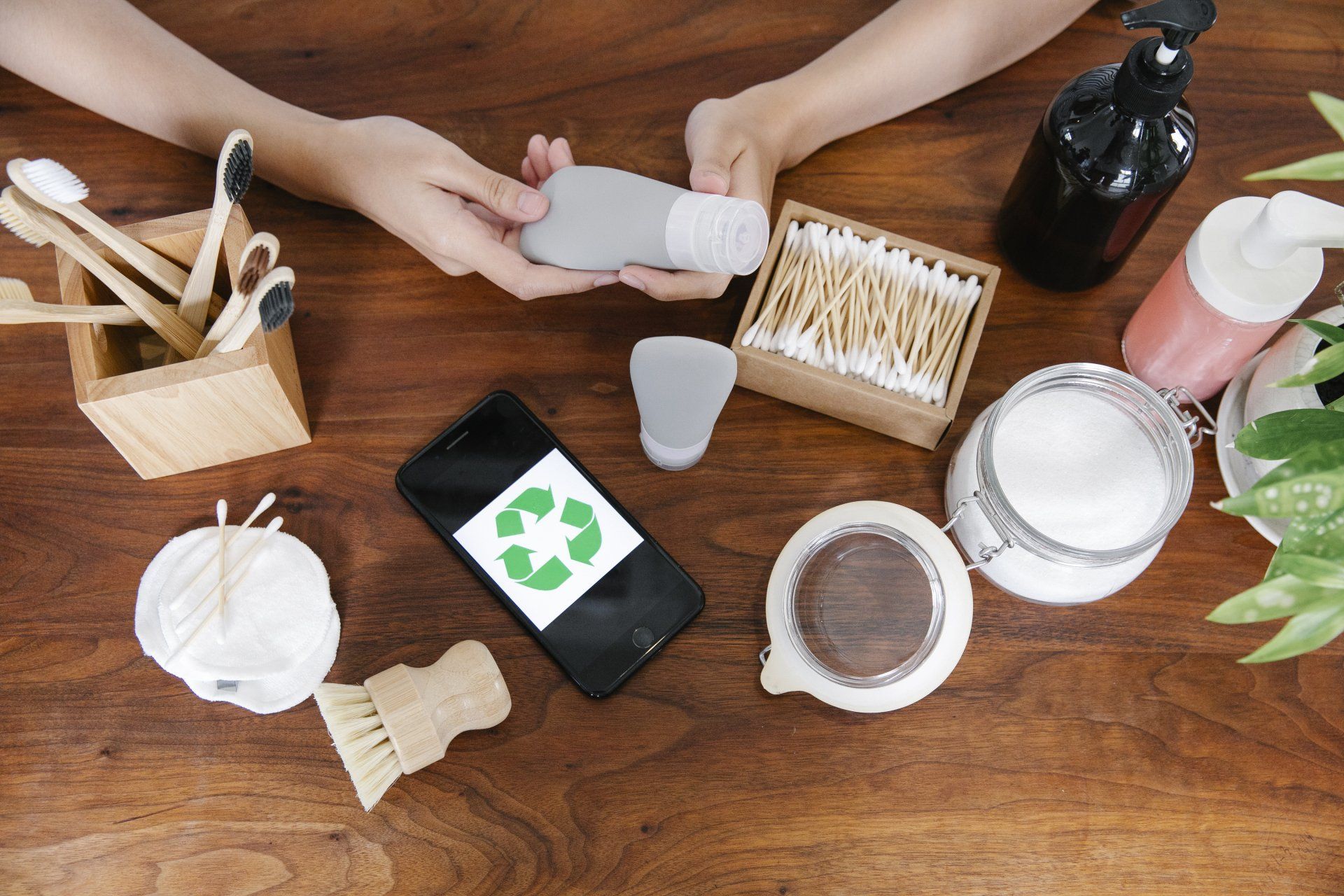
John Wesley Hyatt created the first synthetic polymer in 1869. The invention of which, freed us from the constraints of nature. Where once industries were restricted to using wood, metal, stone, bone, tusk, and horn, we had finally created a brand new material that was durable, and stronger than any other naturally occurring polymer such as cotton, starch, and rubber, that were already in use. Plastic was a revolution. It was is far more versatile and reliable - capable of being moulded into multiple shapes and forms. Quickly, its usage became wide and varied. Initially the material was advertised as the saviour of the elephant and the tortoise - an upgrade from ivory. Plastics could protect the natural world from the destructive forces of human need. We never imagined we would be on the brink of a disaster caused by the overconsumption of plastics.
So what is Plastic?
Can we get rid of plastic entirely?
Why should we Recycle plastic?
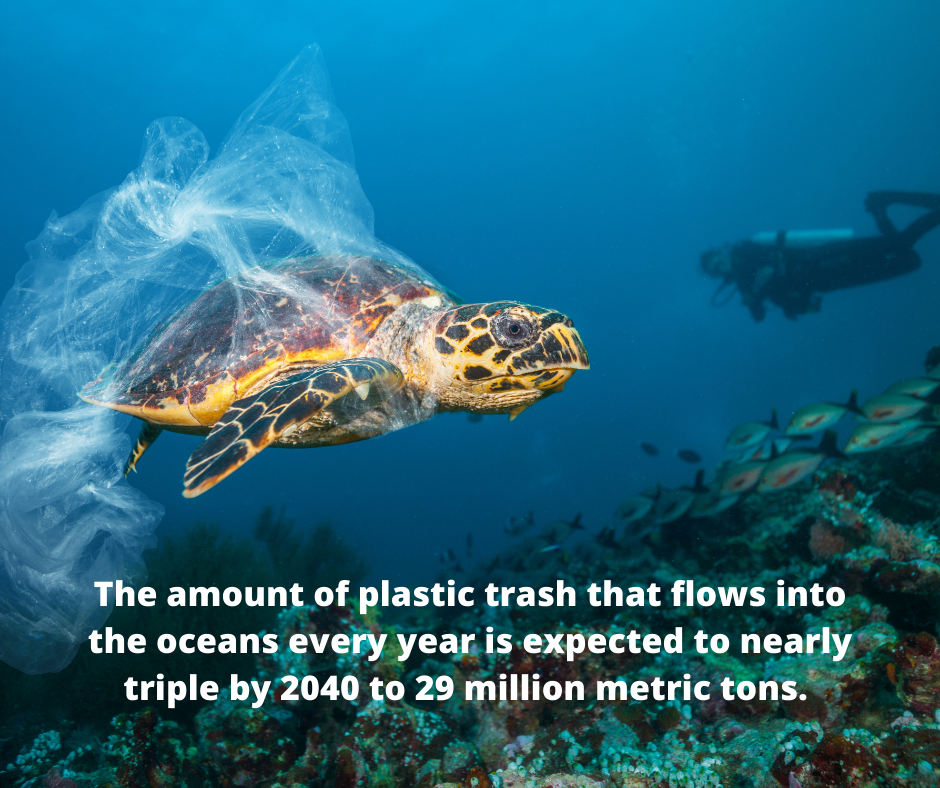
Not all types of plastic are completely recyclable. Plastics such as Styrofoam, trash bags, zip pouches, bubble wrap, cereal box plastic, clear plastic wrap, potato chips bags, some department store plastic bags, candy wrappers, are some types that cannot be recycled and others can only be recycled a certain number of times before becoming junk.
Recycling plastic has a positive ripple effect on manufacturing businesses across verticals and helps redress several issues plaguing the environment.
Here are some simple benefits of using recycled plastic:
Types of plastic and what they can become post recycling:
We cannot get rid of plastic entirely right now. There are currently approximately 7 billion people on the planet - if each person decides to monitor their plastic consumption, we can make a huge difference to the quality of each living being’s life on the planet. Every human being matters. Every effort counts.
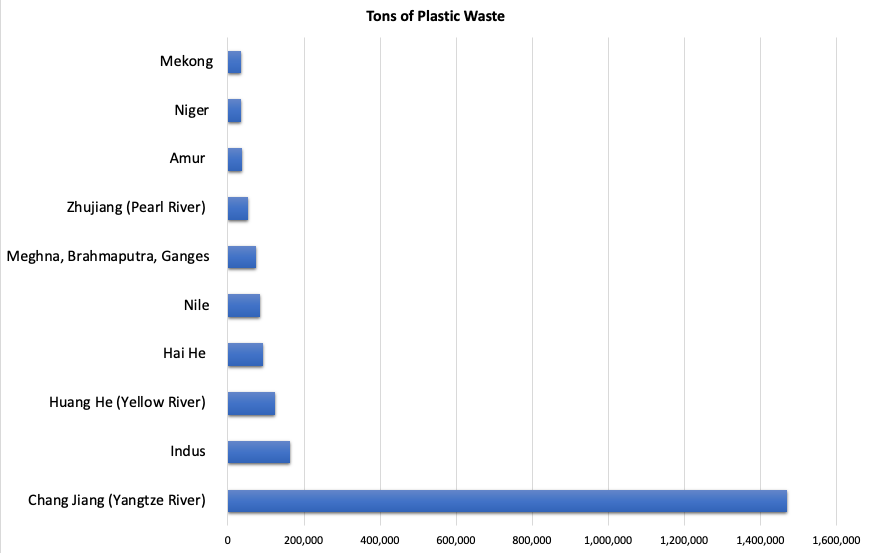
Data from “Export of Plastic Debris by Rivers into the Sea” by Christian Schmidt, Tobias Krauth, and Stephan Wagner, published in Environmental Science & Technology (2017)


